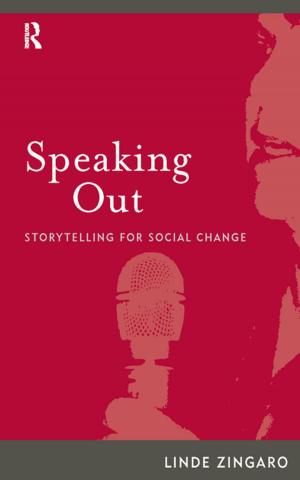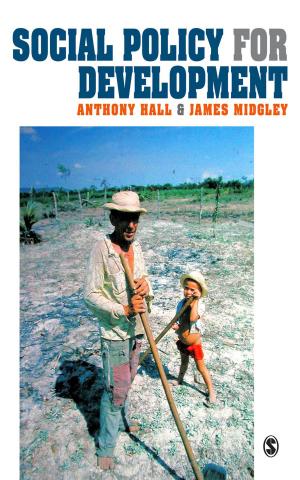Psychiatry & Me Who Guards The Guardians?
Nonfiction, Health & Well Being, Psychology, Pathological Psychology, Social & Cultural Studies, Social Science| Author: | Don Pritchard | ISBN: | 9781370961115 |
| Publisher: | Don Pritchard | Publication: | October 8, 2017 |
| Imprint: | Smashwords Edition | Language: | English |
| Author: | Don Pritchard |
| ISBN: | 9781370961115 |
| Publisher: | Don Pritchard |
| Publication: | October 8, 2017 |
| Imprint: | Smashwords Edition |
| Language: | English |
The author outlines the essentials of both professions and many of the problems.. These are clearly illustrated with interesting case examples from his own clinical experience. He gives clear details of the procedures involved. The interested reader is offered more complete details in appendices that set out the theoretical bases of both approaches to treatment. These are optional as this is not a textbook.
He points out that, at the beginning of the modern age of treating emotional distress, 95% of psychiatrists throughout the world opted for a method that has as its basis details of patients’ sex lives, and placed the emphasis in treatment on childhood sexuality. From that choice evolved psychoanalysis in all of its forms. He shows that treatments based on this model have very little in the way of positive research outcomes. The author makes the case that in choosing this path, the bases of science were ignored and the carefully developed, effective alternative therapies were not valued. The consequences, he states, have been severe for some patients caught in the psychiatric system and he gives shocking, recent details of psychiatric abuse. The book opens with his own history and family experiences, for reasons which he has outlined.
Concerns about the future direction of psychiatry are outlined
The author outlines the essentials of both professions and many of the problems.. These are clearly illustrated with interesting case examples from his own clinical experience. He gives clear details of the procedures involved. The interested reader is offered more complete details in appendices that set out the theoretical bases of both approaches to treatment. These are optional as this is not a textbook.
He points out that, at the beginning of the modern age of treating emotional distress, 95% of psychiatrists throughout the world opted for a method that has as its basis details of patients’ sex lives, and placed the emphasis in treatment on childhood sexuality. From that choice evolved psychoanalysis in all of its forms. He shows that treatments based on this model have very little in the way of positive research outcomes. The author makes the case that in choosing this path, the bases of science were ignored and the carefully developed, effective alternative therapies were not valued. The consequences, he states, have been severe for some patients caught in the psychiatric system and he gives shocking, recent details of psychiatric abuse. The book opens with his own history and family experiences, for reasons which he has outlined.
Concerns about the future direction of psychiatry are outlined















